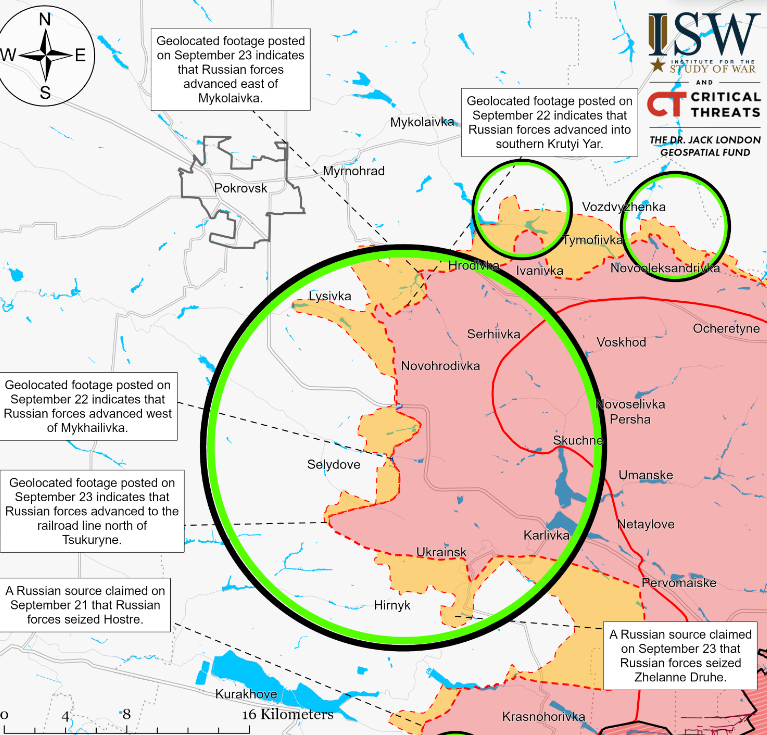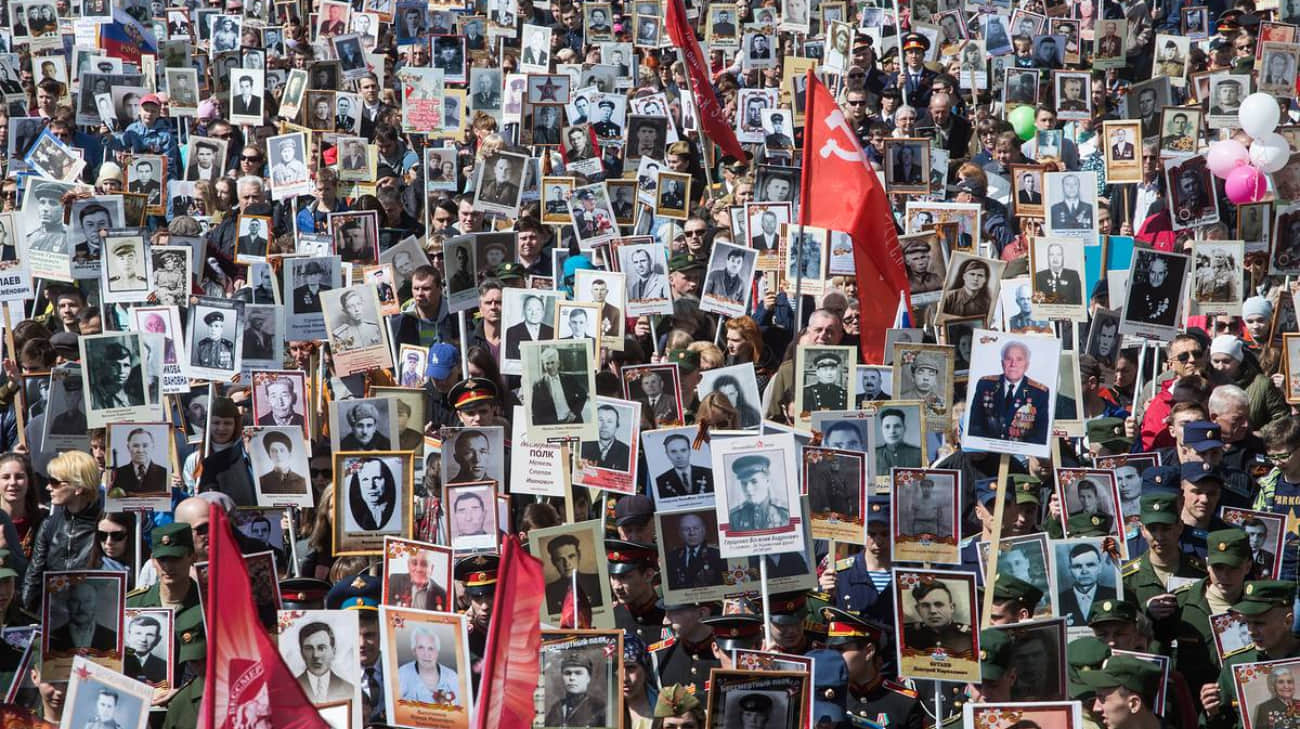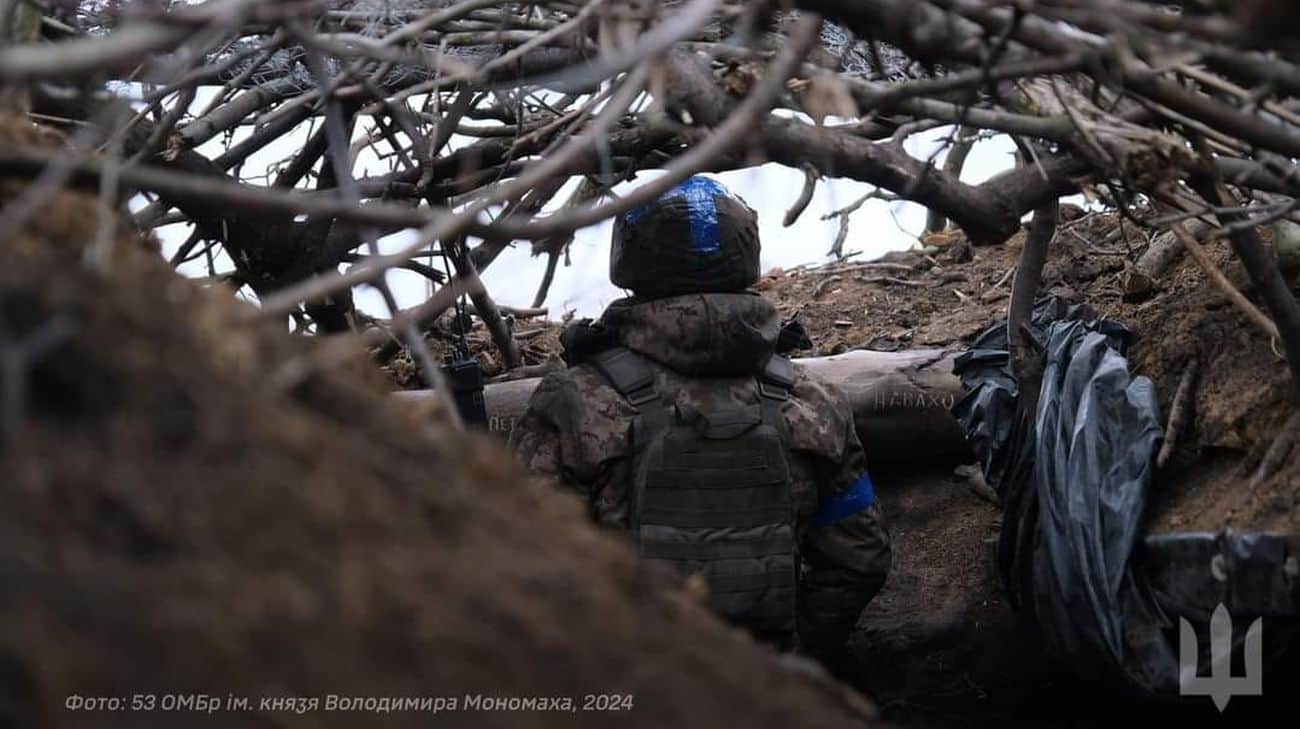ISW: Russian offensives near Vuhledar and Pokrovsk aim to stretch Ukrainian forces
The capture of Vuhledar by Russian forces is unlikely to provide significant operational advantages for further offensives in western Donetsk Oblast, according to ISW analysts.


The Institute for the Study of War (ISW) reported on 25 September that Russian offensive efforts near Vuhledar and Pokrovsk are likely aimed at stretching Ukrainian forces across a wider front in the Donetsk region.
According to the ISW, Russian troops have reached the outskirts of Vuhledar amid what appears to be an intensified offensive near the settlement.
“Russian forces advanced into eastern Vuhledar up to 12 Desantnykiv Street, confirming reports from Russian and Ukrainian sources that Russian troops broke into eastern Vuhledar between September 23 and 24,” the ISW states, citing geolocated video materials published on 24 September.
The institute notes that Russian forces are attempting to advance on Vuhledar’s northeastern flank through Vodyane and on the southwestern flank through Prechystivka, likely in an effort to encircle the Ukrainian grouping in Vuhledar and force its withdrawal.
Western media and Ukrainian military experts have repeatedly warned that ongoing Russian attacks and advances on Vuhledar’s flanks threaten to encircle the Ukrainian garrison within the settlement. The ISW suggests that this could force Ukrainian troops to abandon the area, which has been a crucial Ukrainian stronghold for over two years.
The analysts point out that while Russian forces may capture all of Vuhledar, the speed and ease with which they could do so will depend on Ukrainian decision-making.
“If the Ukrainian command decides that the risk of a Russian encirclement of Vuhledar or the costs of defending the settlement itself in urban combat are too great, Ukrainian forces may withdraw, allowing Russian forces to seize Vuhledar relatively rapidly and without engaging in close combat fighting,” the ISW explains.
However, the institute also notes that if Ukrainian forces choose to defend Vuhledar and can prevent Russian encirclement attempts, they may be able to hold their ground. In this case,
“Russian forces may struggle to fight through a settlement that Ukrainian forces have had over two years to fortify,” according to the ISW.
The potential capture of Vuhledar by Russian forces is unlikely to fundamentally change the course of offensive operations in western Donetsk Oblast, the ISW assesses. The institute argues that Vuhledar is not a particularly important logistical hub, as Russian forces already control most of the main roads leading to the settlement.
The ISW concludes that Russian offensive efforts near Vuhledar and Pokrovsk are mutually reinforcing and likely aimed at stretching Ukrainian forces across a wider front in Donetsk Oblast. However, the analysts note that a hypothetical Russian capture of Vuhledar may not necessarily be operationally significant enough to further stretch Ukrainian forces in this area.
Read also:
- Ukraine reclaims spot among top 20 steel producers after wartime setback
- Russian strike on Kharkiv injures 34, kills 3
- Zelenskyy warns of Russian plans to attack Ukrainian nuclear plants
You could close this page. Or you could join our community and help us produce more materials like this.
We keep our reporting open and accessible to everyone because we believe in the power of free information. This is why our small, cost-effective team depends on the support of readers like you to bring deliver timely news, quality analysis, and on-the-ground reports about Russia's war against Ukraine and Ukraine's struggle to build a democratic society.
A little bit goes a long way: for as little as the cost of one cup of coffee a month, you can help build bridges between Ukraine and the rest of the world, plus become a co-creator and vote for topics we should cover next. Become a patron or see other ways to support.



